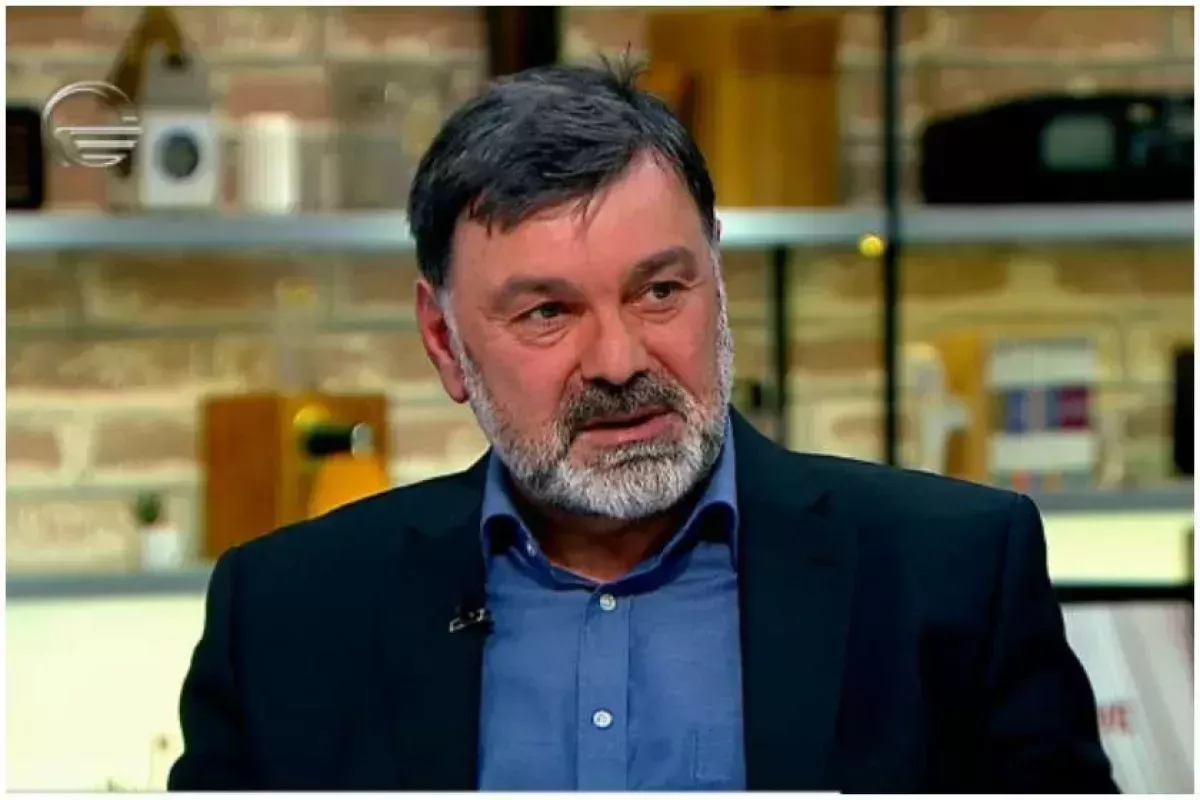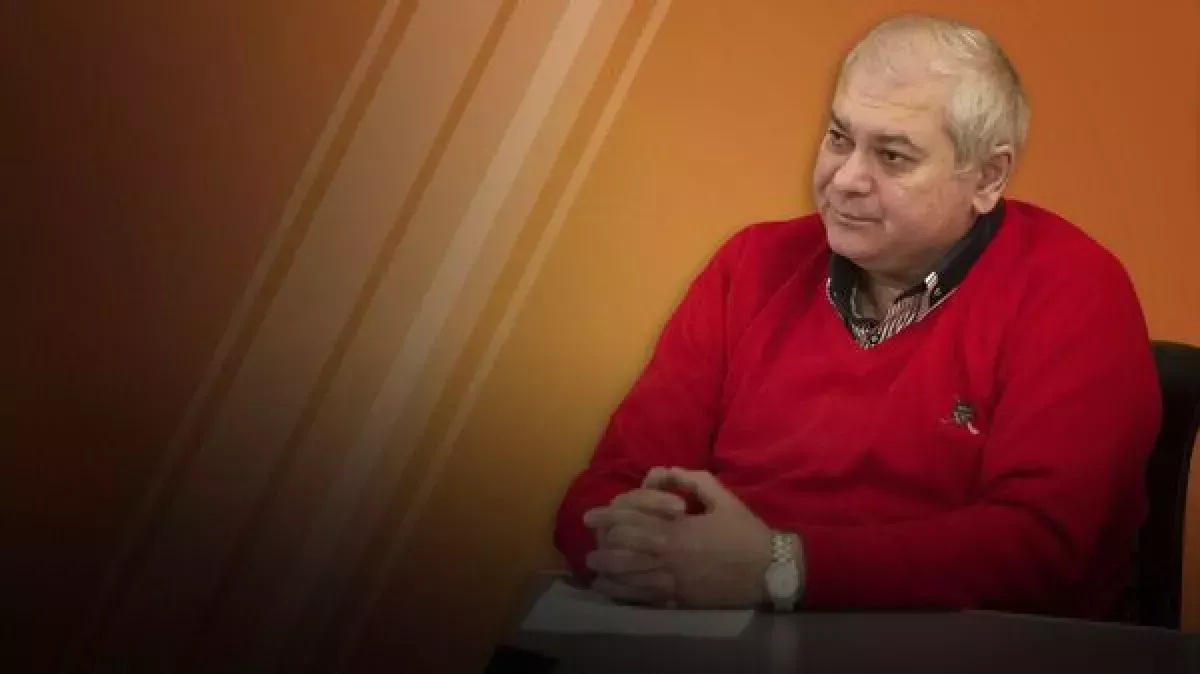Georgia puts brakes on financial pressure By new grant law
Georgian President Mikheil Kavelashvili has signed a decree on amendments to the country's legislation, stipulating that citizens and organisations will be unable to receive foreign grants without prior government approval.
The document was approved following its passage in the third reading by the parliament. Amendments have been made to the "Grant Law", now requiring individuals and organisations to obtain government approval before receiving foreign funding.
Failure to comply will result in a fine amounting to double the value of the grant. The only exception applies to funds allocated for education, scientific research abroad, and support for sports associations. The enforcement of the law has been entrusted to the Anti-Corruption Bureau under the government. How can these government steps be assessed? Do they contribute to strengthening Georgia's sovereignty? Georgian analysts shared their thoughts on this matter with Caliber.Az.

Founder of the "United Neutral Georgia" movement, political analyst Bidzina Giorgobiani believes that considering the fact that foreign funds in countries like Georgia, Azerbaijan, and Armenia are often used to finance coups and street protests, the amendments to the "Grant Law" are a very prudent decision that will help restore order in this area.
"As for the connection between these amendments and the alleged infringement on the rights of non-governmental organisations, I see nothing of the sort. If they receive funds from abroad for charitable purposes, for sports, scientific, and other legitimate goals, then there are no restrictions for them. However, if they receive money for some suspicious schemes, that is a different matter," he said.
"The opposition members do not hide the fact that they ask for and receive money from abroad to fund revolutionary activities in Georgia, for informal groups that later terrorize the capital city. In the end, it has become clear where this funding comes from and what its purpose is. Therefore, I believe that these amendments to the law, signed by President Kavelashvili, will be beneficial and contribute to strengthening Georgia's sovereignty," the expert said.
He believes that such laws will be adopted in other countries as well.
"Everyone sees in the South Caucasus and in other regions that US President Donald Trump signed an executive order to regulate funding in higher education institutions, as they receive money from various sources. It's necessary for the state to control where this funding comes from and how it is used," the political analyst said.
"All countries around the world already think about their sovereignty and controlling the flow of funds from international organisations. I believe this law, which was passed by the Georgian parliament and approved by President Kavelashvili, is very beneficial for Georgia," Giorgobiani said.

Professor of Political Science and Honored Journalist of Georgia, Badri Nachkebia, stated that the Grant Law is indeed causing significant debates both internationally and within Georgia itself.
"Despite the law clarifies that these amendments do not apply to all types of public activities, part of the local public and foreign politicians have subjected these changes to a wave of criticism. They argue that these actions could effectively block the possibility of expressing critical opinions about the current government. They believe that opinion pluralism, which is often funded by Western foundations, holds positive value. These amendments have raised concerns not only among the opposition but also among a significant portion of the public," the professor noted.
He personally admits that the ruling government and the Georgian parliament may have acted hastily, and the law is not fully prepared.
"Not everything is clear from a purely technical standpoint. While grants that support scientific collaborations, cultural events, and sports activities are given the green light, the situation with these grants still needs to be fully clarified to ensure that useful initiatives are not harmed. It’s crucial to carefully consider the technical aspects so that, in inappropriate cases, the bureaucratic machine doesn't inadvertently impose restrictions on certain transfers without proper political justification. It's essential that such bans do not affect Western aid in critical sectors like healthcare, for example," he said.
"Therefore, some critics argue that the law should have been adopted with clearer wording, better specifying the foreign funds and organizations that undermine the country’s internal sovereignty and clearly interfere in Georgia’s domestic affairs. For other organisations that do not cause harm, greater freedom of action should probably be allowed. I believe that, most likely, the law will be withdrawn for revision at some point and adjusted to a version that is more acceptable to the majority of the population," Nachkebia added.








